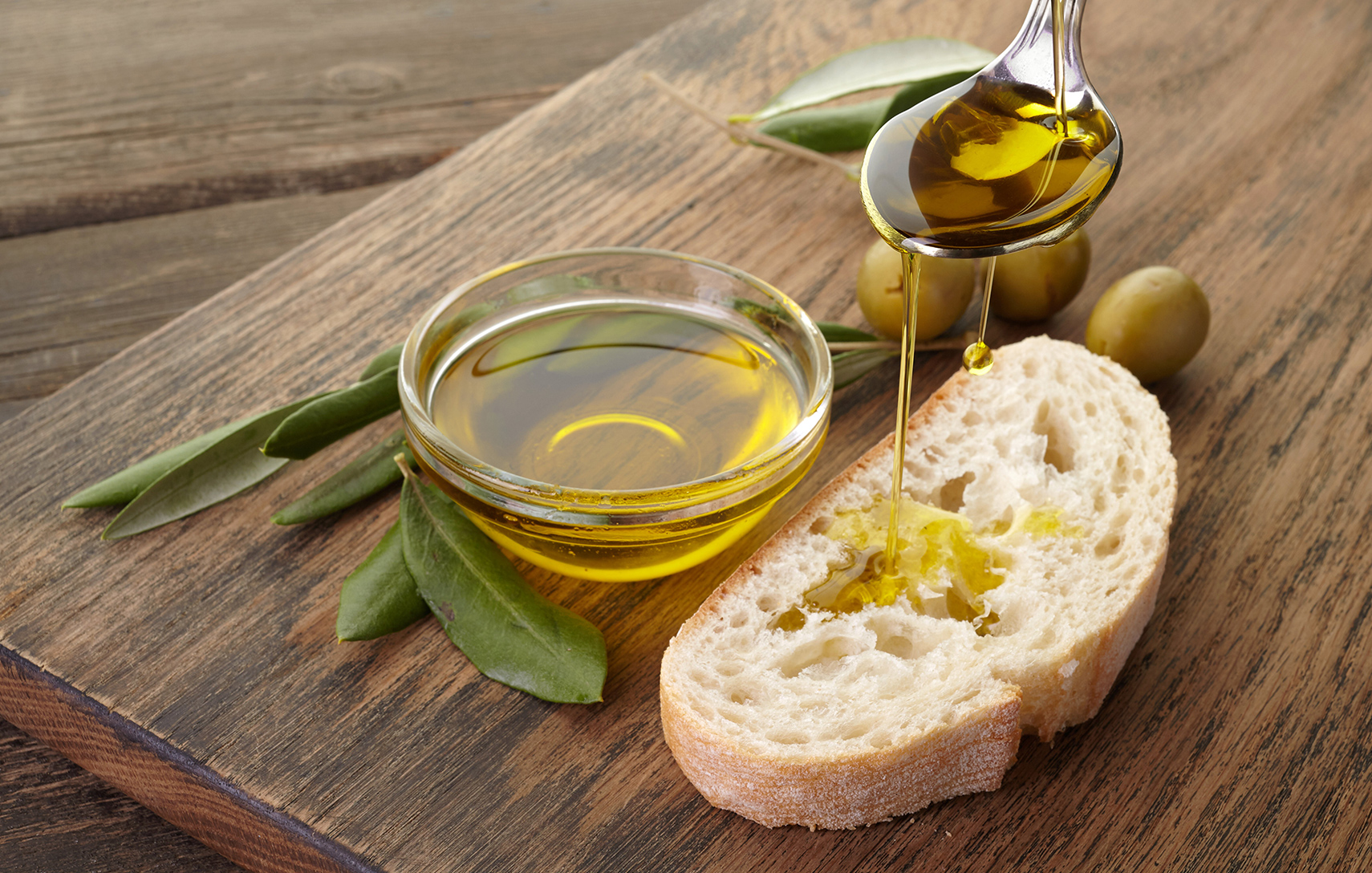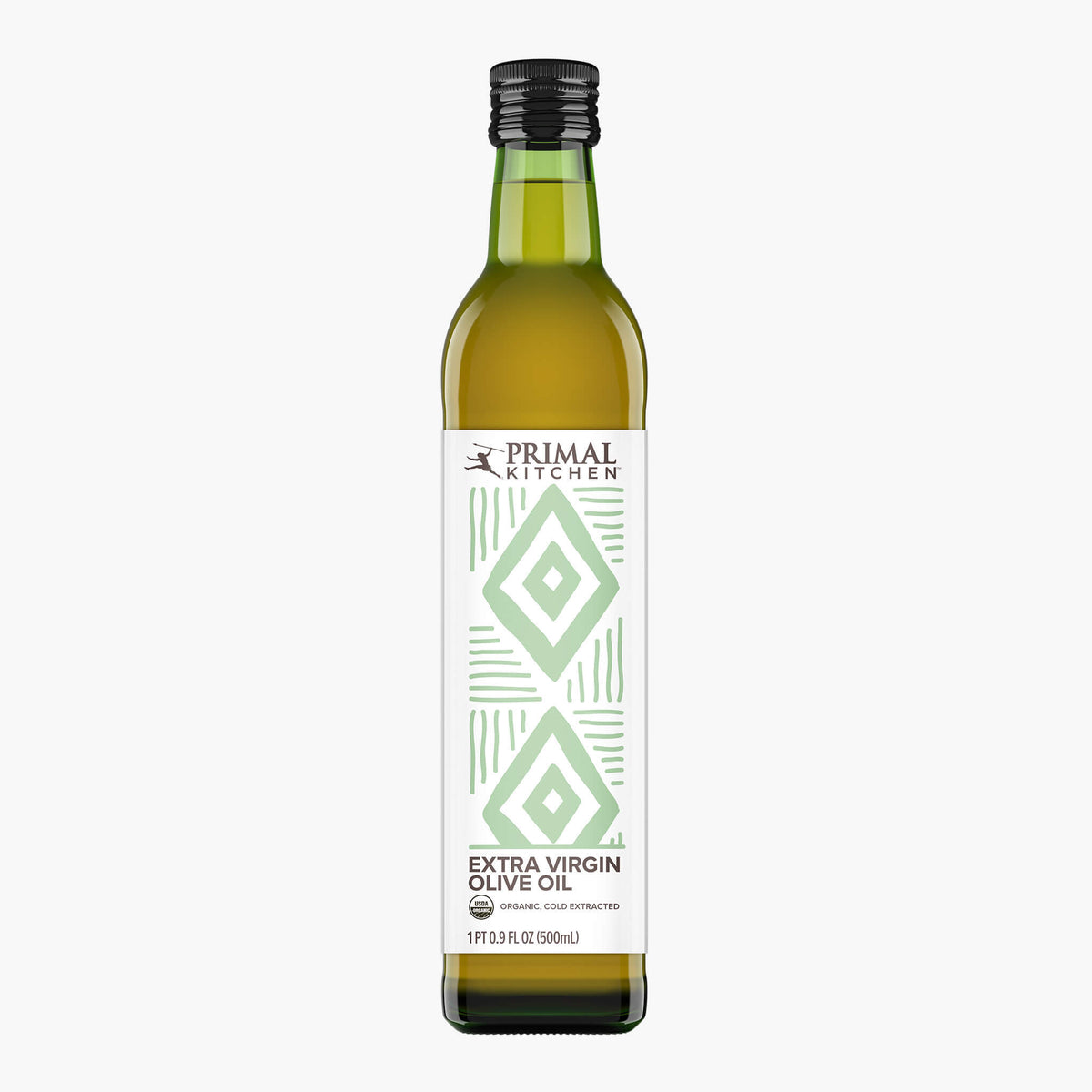Extra Virgin Olive Oil Benefits: How It Helps to Regulate Blood Sugar
Extra Virgin Olive Oil Benefits: How It Helps to Regulate Blood Sugar
Blog Article
Exploring the Different Kinds Of Olive Oil and Their Usages, Including Bonus Virgin Olive Oil
The exploration of olive oil incorporates a diverse variety of kinds, each offering distinctive tastes and culinary applications. Bonus virgin olive oil, renowned for its exceptional quality and health and wellness advantages, offers as a staple in numerous kitchen areas, yet it is just one facet of this multifaceted ingredient.
What Is Olive Oil?
Acquired from the fruit of the olive tree, olive oil is a staple in Mediterranean food and an essential component in various cooking applications. This flexible oil is created by pressing entire olives, resulting in a liquid that differs in shade, flavor, and fragrance depending on the kind of olives used, the area of farming, and the removal procedure. Olive oil is primarily made up of monounsaturated fats, specifically oleic acid, which is recognized for its prospective wellness benefits, consisting of anti-inflammatory residential or commercial properties and cardio support.
Along with its cooking uses, olive oil has a long background of application in standard medication and skincare, owing to its abundant antioxidant content (extra virgin olive oil benefits). The oil is frequently used in dressings, sauces, and for cooking approaches such as sautéing and roasting. Its distinct taste profile can boost the taste of various recipes, making it an important active ingredient for both home chefs and specialist chefs
Additionally, olive oil is commemorated for its duty in the Mediterranean diet regimen, which is connected with many health benefits. As awareness of these benefits grows, olive oil proceeds to get appeal worldwide as a fundamental element of a healthy and balanced way of living.
Kinds Of Olive Oil
Recognizing the numerous types of olive oil is necessary for both health-conscious customers and cooking enthusiasts. Olive oil is identified primarily based upon its extraction approach and top quality, which significantly impacts its flavor, wellness, and fragrance benefits.

Light olive oil, in spite of its name, describes a lighter flavor and not reduced calories. It is ideal for those looking for a much more subtle preference in sauces and dressings. Furthermore, there are flavored olive oils instilled with natural herbs, seasonings, or citrus, which can boost dishes without the requirement for extra flavoring.
Each type of olive oil offers particular culinary objectives, and recognizing these distinctions enables consumers to make educated selections that straighten with their food preparation designs and wellness objectives.
Extra Virgin Olive Oil
Bonus virgin olive oil (EVOO) is widely considered as the best olive oil readily available, renowned for its abundant flavor and many health advantages. To be classified as added virgin, the oil has to be generated from fresh olives utilizing mechanical procedures, without the use of solvents or too much warmth. This meticulous technique preserves the oil's natural flavors, check my reference anti-oxidants, and healthy and balanced fats, causing an item with a reduced level of acidity level of much less than 0.8%.
EVOO is abundant in monounsaturated fats, particularly oleic acid, which is linked to lowered swelling and boosted heart health. It additionally contains polyphenols, effective anti-oxidants that might provide protective impacts against chronic illness. The flavor profile of EVOO can vary considerably depending on the olive variety and area of production, varying from verdant and fruity to robust and sharp.

Culinary Uses of Olive Oil

In food preparation, olive oil can be made use of for sautéing, roasting, and barbecuing, providing a much healthier option to butter or other fats. Its high smoke factor makes it learn the facts here now ideal for various cooking techniques, while its anti-oxidants contribute to a heart-healthy diet plan. Sprinkling olive oil over completed dishes, such as pasta, fish, or barbequed veggies, can elevate flavors and include a touch of elegance.
Additionally, olive oil plays a considerable duty in cooking, where it can replace standard fats in dishes for bread and pastries, presenting wetness and a subtle taste. It likewise functions as a base for instilled oils, enabling chefs to try out tastes such as garlic, natural herbs, or chili, even more increasing its culinary capacity. On the whole, olive oil's flexibility makes it vital in both home and specialist kitchen areas.
Picking Quality Olive Oil
When selecting quality olive oil, it's important to think about numerous crucial aspects that influence the product's taste, scent, and wellness benefits. Opt for extra virgin olive oil (EVOO), which is obtained from the very first chilly pushing of olives and consists of the highest levels of antioxidants and advantageous substances. Look for oils that are accredited by identified companies, as this typically makes certain adherence to strict high quality criteria.
The packaging additionally plays a significant duty in maintaining the oil's honesty. Select oils stored in dark glass containers or tins to protect versus light destruction. Take note of the harvest day; fresher oils provide premium taste and nutritional value, so pick items that are within 18 months of their harvest.
Additionally, take into consideration the beginning of the oil. Top quality olive oils typically come from certain areas understood for their distinctive taste profiles, such as Italian, Spanish, or Greek oils. Be aware of the taste; a good quality olive oil need to have an equilibrium of fruity, bitter, and sharp notes, suggesting its richness and intricacy. By assessing these aspects, you can ensure you are picking the best olive oil for your culinary needs.
Conclusion
In recap, the expedition of numerous kinds of olive oil reveals unique characteristics and applications, with added virgin olive oil find representing the peak of high quality due to its low level of acidity and high antioxidant web content. Understanding the various selections of olive oil enables for informed options in cooking methods, advertising much healthier techniques while enriching the total gastronomic experience.
Obtained from the fruit of the olive tree, olive oil is a staple in Mediterranean cuisine and a key ingredient in numerous cooking applications.The most typical types of olive oil consist of fine-tuned olive oil, pure olive oil, and light olive oil.Additional virgin olive oil (EVOO) is commonly regarded as the greatest high quality olive oil readily available, celebrated for its abundant taste and many wellness benefits. Choose for additional virgin olive oil (EVOO), which is acquired from the very first cold pushing of olives and contains the highest degrees of anti-oxidants and beneficial substances.In summary, the expedition of numerous types of olive oil discloses unique characteristics and applications, with extra virgin olive oil representing the peak of top quality due to its reduced level of acidity and high antioxidant web content.
Report this page